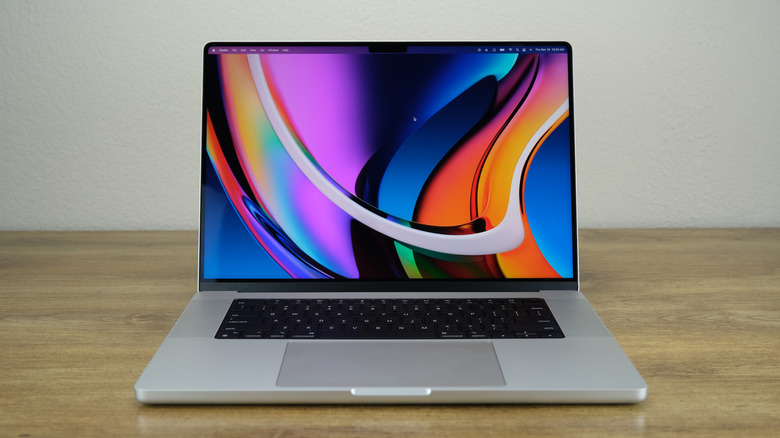Apple's M2 Max MacBook Pro Release Delay Finally Makes Sense
Until late October, we expected Apple to unveil new MacBook Pro models powered by M2 Max and M2 Pro chops. The refresh made sense for the 14-inch and 16-inch laptops, considering Apple's M-series release pattern. After the M2 MacBook Air and MacBook Pro, the M2 Pro and Max should follow. But then the leaks and rumors changed tune. Apple supposedly delayed the release of these new laptops, moving the launch to early 2023.
With less than a week remaining in the year, we now may know why Apple postponed the MacBook Pro refresh. Taiwanese chipmaker TSMC will only start manufacturing its next-gen 3nm chips this week. The M2 Pro and Max System-on-Chip (SoC) models that Apple will be inside the 2023 MacBook Pros might be built on the next-gen process.
We speculated in early November that manufacturing the more powerful M2 chips might be more challenging. It's not just their complexity but also the cost of mass-producing goods in this economy. Moreover, we wondered whether the rumored AR/VR headset had anything to do with the MacBook Pro launch delay. The mixed reality wearable should feature an M2 chip as well.
According to Digitimes (via MacRumors), TSMC will start the mass-production of 3nm chips on December 29th:
TSMC is scheduled to hold a ceremony at Fab 18 at the Southern Taiwan Science Park (STSP) on December 29th to mark the start of commercial production of chips using 3nm process technology. The pure-play foundry will also detail plans to expand 3nm chip production at the fab, according to sources at semiconductor equipment companies.
That's not enough to prove that Apple has decided to move the M2 Pro and M2 Max to the 3nm process. The base M2 chip inside the MacBook Air and Pro is built on the 5nm process. But considering TSMC's manufacturing timing and the fact that Apple is the foundry's top customer, it makes perfect sense for Apple to have waited for the 3nm manufacturing line to be ready. This would explain the M2 Pro and M2 Max MacBook Pro launch delay.
Using 3nm chips would allow Apple to further improve the power efficiency of the M2 Pro and M2 Max chips. The 2023 MacBook Pros would be even better equipped for the future. That's all speculation, of course, but Apple will surely be one of TSMC's first customers to put the 3nm chip production line to good use.
The iPhone 15 Pro's A17 Bionic should also be a 3nm chip. The current A16 Bionic SoC is a 4nm chip from TSMC.
As MacRumors points out, rumors say that the A17 Bionic will be based on an enhanced 3nm process, just like the next-gen M3 processor. Digitimes says that production of the first 3nm chip version is "unlikely to ramp up" until production of the enhanced version gets underway.
That said, we still have no idea when Apple will be ready to unveil the M2 Pro and M2 Max MacBook Pro models. As for the AR/VR headset, rumors say that WWDC 2023 might be when Apple unveils the first-gen device. And of course, the iPhone 15 series should drop in mid-September.
